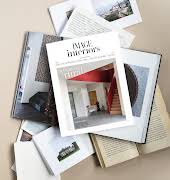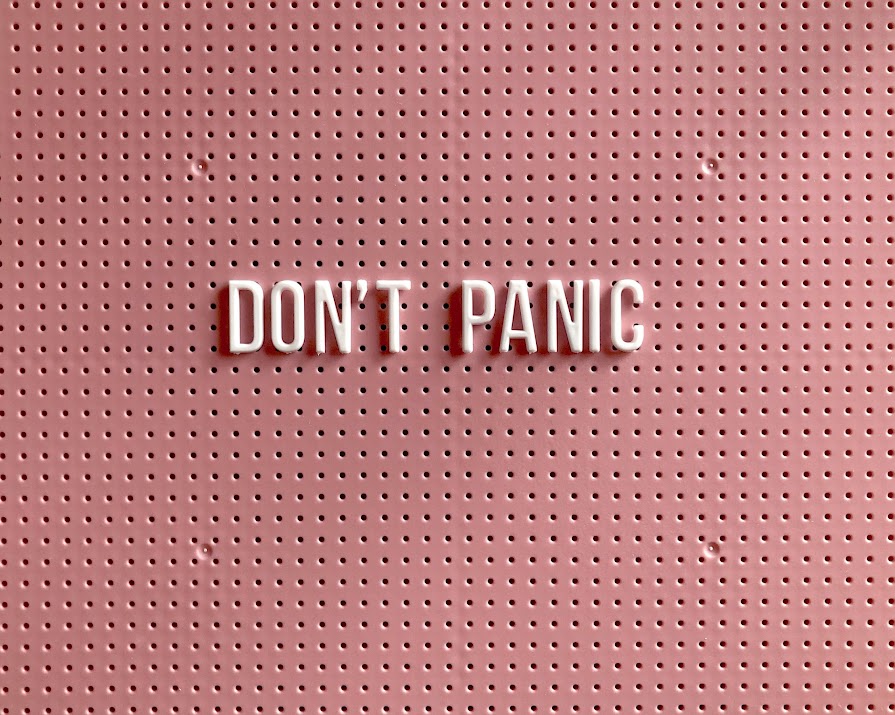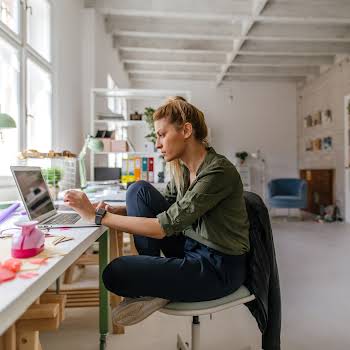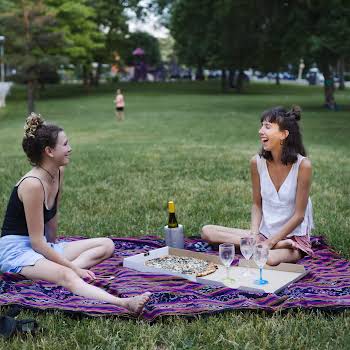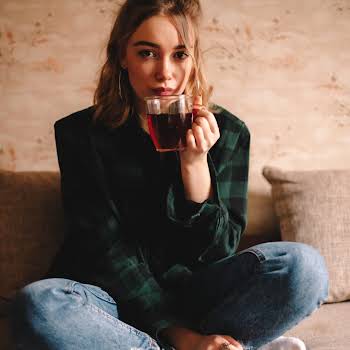By Shayna Sappington
14th May 2020
14th May 2020
As lockdown restrictions begin to lift, many are starting to struggle with re-entry anxiety
Restrictions have started to relax and many of us are feeling re-entry anxiety rise to the forefront of our worries.
Re-entry anxiety, a term frequently used when describing an army veteran’s return to civilian life, is the anxiety one feels returning to a previous environment after a life-changing or traumatic experience.
It’s been two months since lockdown first started — two months of self-isolation, social distancing, avoidance of social activities (going to restaurants, pubs, parties) and not seeing people outside of our households face-to-face.
This has taken a major toll on our mental health, as we have restructured our daily routines and adapted to a new normal.
Mental health
Over 2.6 billion people around the world are in some kind of lockdown and Dr Elke Van Hoof, a psychology professor at Vrije Universiteit Brussel, has called it the largest psychological experiment ever.
“People who are quarantined are very likely to develop a wide range of symptoms of psychological stress and disorder, including low mood, insomnia, stress, anxiety, anger, irritability, emotional exhaustion, depression and post-traumatic stress symptoms,” said Van Hoof after reviewing various studies on quarantine’s impact.
And, having experienced some of these symptoms firsthand, I realised specific changes in my own life. After being isolated for so long, I now find comfort in long silences and am startled by loud noises, like my neighbour’s music or having the TV on too loud, that would have never normally bothered me.
I feel anxious when speaking to family and friends over the phone and a desperate pressure to keep the conversation light and positive. Otherwise, it can devolve into an endless rant of worry and guessing.
Everything feels different
And now that returning to work is shifting from a distant to near possibility, I’m worried about how that major change will disrupt my newly found solace. Will it be different than before? Can I keep up with my restored office workload? Will reuniting with everyone there be socially overwhelming?
Most are worried if we will ever feel truly comfortable again in a social environment before a vaccine is developed.
Even though precautions are in place, there is the undeniable existence of rulebreakers. We’ve seen them on the news during lockdown: people who continually spit at gardai, mass gatherers in the park, anti-isolation protesters like Gemma O’Doherty.
Plus, there are frequented places that just don’t seem feasible to social distance in like buses, trains, schools and restaurants.
How do we alter our reality to stop the spread of Covid-19 outside of isolation?
Have a plan in place
When the stress becomes overwhelming, it’s important to have a tactic to combat it. It is so important to prioritise self care, so that you have the mental and physical strength to deal with these anxieties in a healthy way.
Eating healthy, sleeping regularly, and daily exercise are all vital to our mental health. Plus, be sure to indulge in the small things that really make a difference to you, even when lockdown ends.
This could be beauty maintenance (dying your roots at home or luxurious bubble baths), pampering your palate (treating yourself to your favourite comfort food), reading a feel good book or hosting weekly virtual hangouts — whatever makes you feel good in this unsettling time.
 Once you find the exact source of your anxiety, it is easier to tackle it. For example, if you are worried about taking public transport to work, make a plan to take an earlier, less crowded bus or train and equip yourself with a facemask and hand sanitiser. Ask your boss if you can change your shift to accommodate a less busy commute.
Once you find the exact source of your anxiety, it is easier to tackle it. For example, if you are worried about taking public transport to work, make a plan to take an earlier, less crowded bus or train and equip yourself with a facemask and hand sanitiser. Ask your boss if you can change your shift to accommodate a less busy commute.
If you are worried about social pressures in the workplace, try and remember that you are not alone. Most people are feeling re-entry anxiety as well. There is no pressure to perform perfectly; everyone’s going to be a bit awkward and wary of one another at first.
In WHO’s post-pandemic guidebook, they recommend that countries “review the lessons learned and share experiences with the international community” and to “amend plans and procedures to include lessons learned.”
This is a great way to address issues on the individual level as well. Open up to your close friends and family and tell them what you’ve learned about yourself while being housebound.
Then decide how you are going to construct a life that you can be the best version of yourself in the workplace or at school, and overall, find a state of comfortability in a restriction-free environment.
Read more: Dr Doireann O’Leary: ‘People are confusing social distancing with self-isolation’
Read more: Moving video series beautifully captures Irish life lockdown, both at home and abroad
Read more: Expert View: Will the pandemic change Irish restaurants forever?

